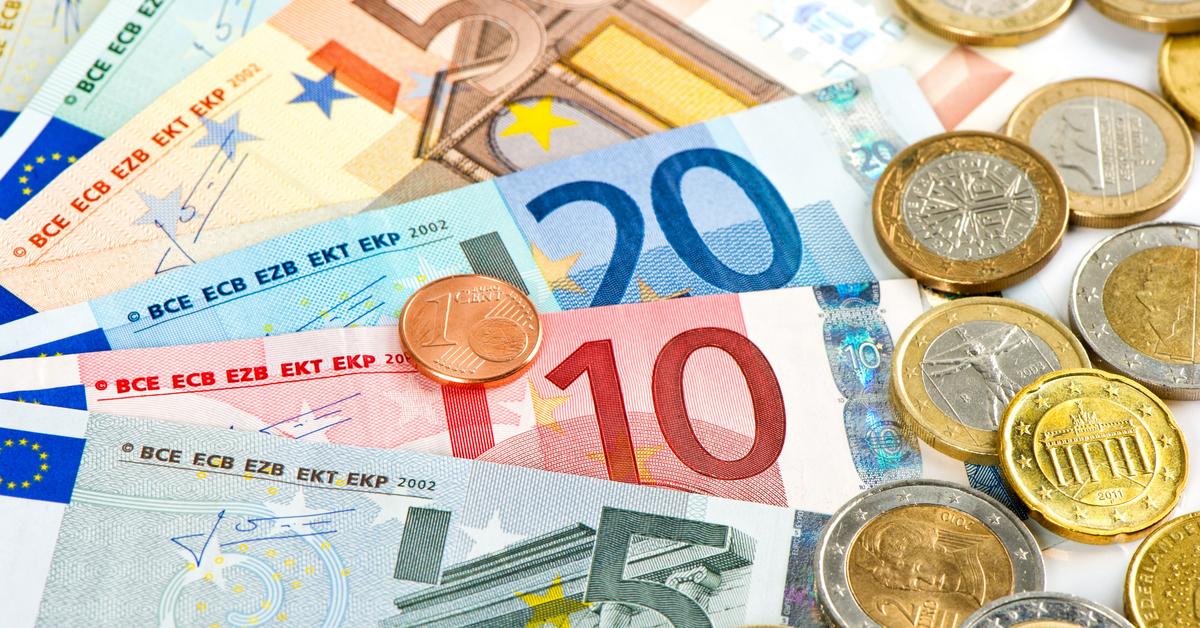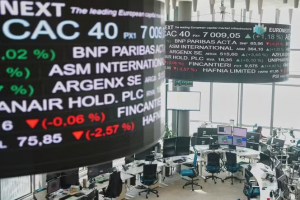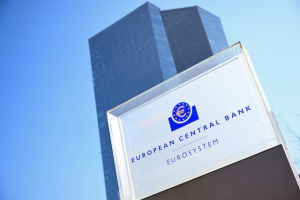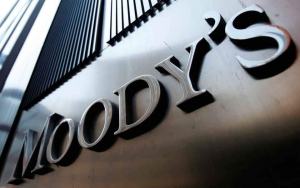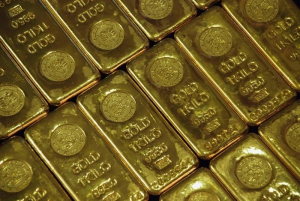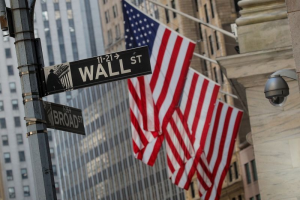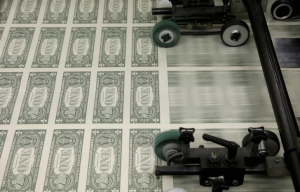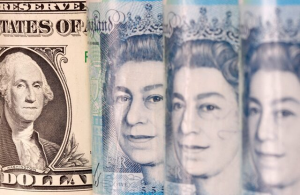The EUR/USD faces a crucial period with the ECB rate decision today, setting the stage for a directional move. The US dollar weakening suggests a potential short-term peak, creating a favorable environment for the EUR/USD to approach 1.10 and potentially higher. The EUR/USD's technical analysis indicates a bullish bias, with the ECB and the NFP playing pivotal roles in determining next direction. Invest like the big funds for under $9/month with our AI-powered ProPicks stock selection tool. Learn more here>> The EUR/USD is facing an interesting couple of weeks, starting with the ECB rate decision today.
After that, the nonfarm payrolls report on Friday, the Consumer Price Index on Tuesday, and the FOMC policy decision on March 20 are set to follow.
These macro events should provide a clear directional bias for the EUR/USD and other major FX pairs.
As things stand, it looks like the US dollar may have formed a short-term peak, which could see the EUR/USD rise towards the 1.10 handle and then sell-off.
This week’s focus will be on the European Central Bank’s policy decision, due later today, followed by the US nonfarm payrolls report on Friday.
Before discussing those events and the dollar in greater detail, let’s have a quick look at the EUR/USD chart first. It has now risen and held above the 200-day average for a few days, too. Meanwhile, the 21-day exponential average has crossed above the 200-day in another bullish sign.
Given the above bullish signals, I would be more inclined to buy dips in the EUR/USD than selling into rallies, a strategy that had worked well at the start of the year.
Key short-term support is seen around 1.0850 to 1.0885ish, which now needs to hold to maintain the bullish bias.
The line in the sand for me is at 1.0795, last week’s low. If the EUR/USD were to break back below that level then that would be a bearish outcome.
So, as things stand, it looks like the EUR/USD is heading towards 1.10 again and potentially higher, than a breakdown. Let’s see if the ECB has other ideas today.
Has the dollar peaked? The recent strengthening of the EUR/USD has a lot to do with the dollar softening than the euro.
The greenback fell Wednesday on the back of some softer US data and Fed Chair Powell didn’t say anything surprisingly hawkish, as he simply re-iterated that rate cuts were still on the agenda for this year but that the Fed needs to be patient.
Today’s macro highlights include the weekly jobless claims data, although I doubt it will move the dollar much, with investors likely to be waiting for Friday’s February NFP jobs release.
Consensus is around 200K for NFP, although some of the pre-NFP indicators suggest it may come in lower.
If it does, it would probably be bad for the dollar and good news for the EUR/USD and gold as it would allow the short end of the US yield curve to weaken further.
It is also worth watching for any revisions in January and December NFP figures, which were quite strong. If they get revised sharply lower, then watch out for a sharp drop in the dollar.
The market is now expecting a rate cut to come by June, instead of March.
There has been a slight weakness observed in more recent data, although, as mentioned, the key highlight is Friday’s jobs report.
The pressure is growing to lower interest rates as the US and most other developed economies’ debt load is rising at an alarming rate.
There are concerns that these nations will be unable to maintain high-interest rates for long.
Governments face spending far more on servicing their debt, while the potential for an economic downturn would require even more borrowing at elevated interest rates.
Perhaps this is part of the reason why the dollar has started to ease back, and more so why we have seen record highs for gold, a safe haven asset.
Major FX pairs like the GBP/USD and EUR/USD have also started to push higher lately, but not by much as the UK and Eurozone economies also face similar debt issues as the US.
Bitcoin hit a new all-time high above $69K on Tuesday, further highlighting investor concerns about fiat currencies that are being devalued by high inflation and record borrowings.
A word on the ECB policy decision The European Central Bank is set to maintain borrowing costs unchanged for the fourth consecutive meeting today.
However, fresh economic forecasts are expected to strengthen arguments favoring rate cuts later in the year.
Along with a vast majority of economists, I anticipate the ECB will keep the deposit rate at its record level of 4%, with the majority of officials advising against premature claims of victory over inflation, even as it approaches the 2% target.
This should keep the euro steady, I’d imagine.
***
Be sure to check out InvestingPro to stay in sync with the market trend and what it means for your trading. As with any investment, it's crucial to research extensively before making any decisions.
InvestingPro empowers investors to make informed decisions by providing a comprehensive analysis of undervalued stocks with the potential for significant upside in the market.
Subscribe here for under $9/month and never miss a bull market again!

